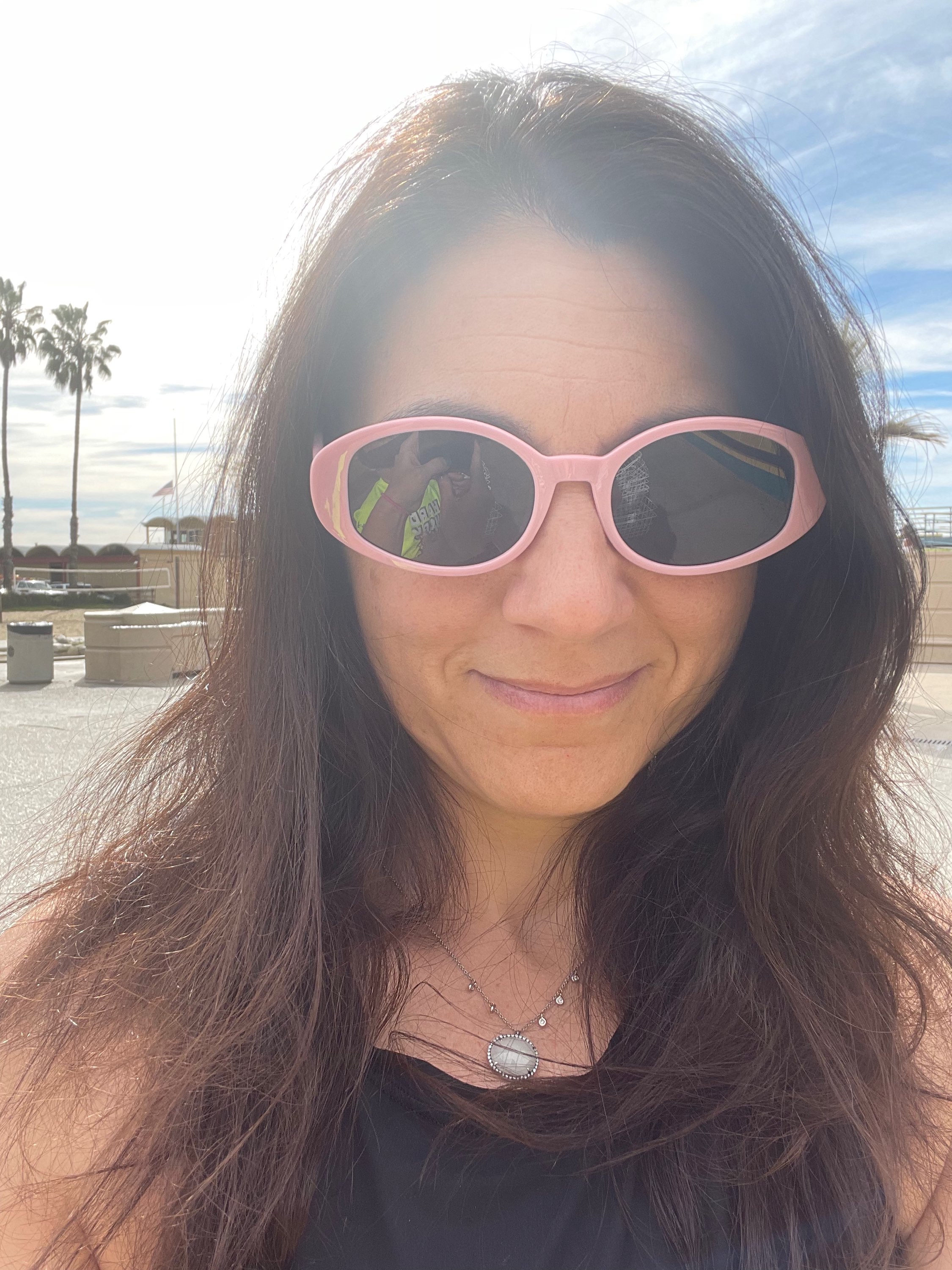Difficult Conversations and THE LIGHT WE LOST and THE LOVE WE FOUND by Jill Santopolo
- Marisa Gelfand

- Oct 24, 2024
- 2 min read


THE LIGHT WE LOST is the story of Lucy, her love Gabe, and her husband, Darren. Lucy and Gabe met in New York on September 11, 2001. Later, they dated. Their relationship brief relationship changed Lucy forever. She never got over him. Even when Darren became her husband and the father of her children. Even when Gabe died. This situation led to difficult conversations.
THE LOVE WE FOUND tells the story of Lucy, her tween and teen children, Gabe, Darren, and a new love interest. It’s ten years after Gabe’s death. Lucy and Darren are divorced. It’s time, Lucy thinks, to tell her kids a life-changing family secret she and Darren kept from them. This decision provokes a series of difficult conversations. Darren initially disagrees but eventually acquiesces. They talk with the kids, their loved ones, and their families.
The idea of having difficult conversations provokes anxiety, especially for conflict-avoidant or people-pleasing people. In the moment, emotionally raw and potentially hurtful conversations can seem best avoided.
Unfortunately, avoiding difficult conversations causes problems and harms relationships. Luckily, when slowing down and analyzing thoughts, many people realize that their initial fears surrounding tough conversations are exaggerated, especially compared to the potential harms of skipping the talks.
Here are tips for having difficult conversations:
Clarify Your Why: Ask yourself: Is the conversation to impart information? Share feelings? Redirect behavior? How will you know when you’ve accomplished your goals?
Consider All Levels of Communication: Ensure your tone, body language, and words are consistent and appropriate to the discussion. Aim for caring / supportive or firm/neutral.
Practice: Ask a trusted friend to rehearse the conversation with you in advance. Seek feedback and consider what worked and didn’t work. Then, adjust and practice again until you feel ready.
Answer Questions: Answer questions honestly and in age-appropriate terms. If you don’t know the answer, offer to try research. If you don’t want to answer, set a boundary. Do not lie.




